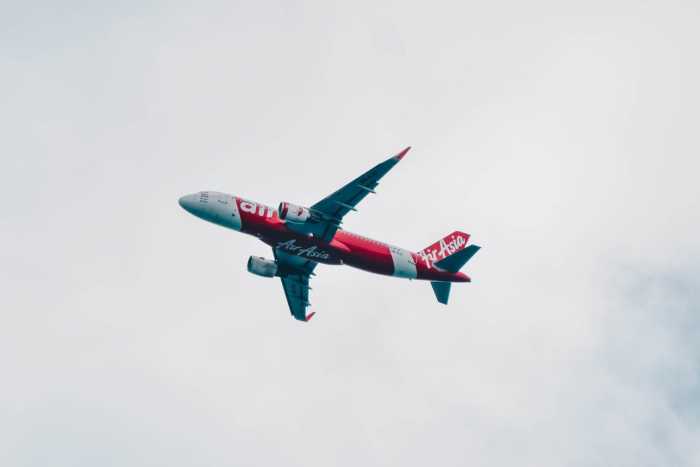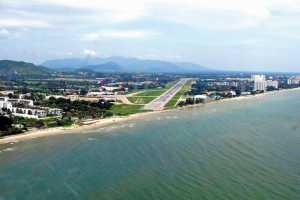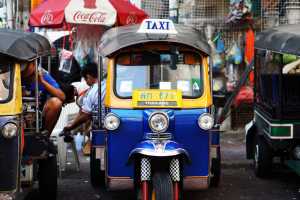
Passenger Rights
11th Oct 2010

The thousands of passengers stranded in Thailand, including hundreds in Phuket, by the eruption of Iceland volcano Eyjafjallajokul, had every right to claim for expenses to cover the inconvenience caused by the disruption.
But, generally and with some pretty big caveats is compensation is to be paid, they had no rights to compensation. Expenses and compensation are often confused when it comes to airline disruptions.
Airlines in the United States are not required to compensate passengers for delayed or canceled flights. That is, if you are stranded and lose salary or a big business deal falls over because of the delay, the airline is not legally required to compensate you for the losses.
However, they are required in most cases to pay for some expenses such as meals or a phone call and, in many cases, accommodation.
In the European Union, which was most affected by the disruption caused by volcanic ash and its danger to aircraft, passengers do have the right to claim compensation for expenses if their flight is canceled or delayed, but only under certain circumstances.
If the airline can claim "extraordinary circumstances which could not have been avoided even if all reasonable measures had been taken - this could include weather, political instability (read Thailand here) security issues (ditto Thailand) and other similar situations, the airline does not have to provide compensation."
Payment of reasonable expenses was being done by most of the airlines affected by this "Act of God" which stranded hundreds of thousands of passengers worldwide and cost the airline industry more than a billion dollars in lost revenue.
Out of interest, the six full days of airport closures was the longest and most expensive flight delay in airline history. Closure of U.S. skies following the September 11 attack was only three days. The volcano caused more disruption in the short term than 911 overall.
As an aside, the closures showed just how dependent today the global economy and aviation industry is on cheap, fast travel. Heads of state could not attend the Polish President's funeral at the time, businessmen were putting non-refundable USD500 deposits on the Queen Mary II's waiting list for the six day transatlantic crossing, Liverpool's and Barcelona's multi-millionaire football stars took to the trains and buses for lengthy journeys and John Cleese, a famous English comedian, allegedly paid 5000 pounds for a cross Europe taxi ride.
But for the ordinary passenger no such luxuries existed. It didn't help that Ryanair, an Irish based low cost carrier initially said it would not pay for disrupted passengers' accommodation costs, but was eventually forced to do so.
And rightly so, although Ryanair's feisty CEO pointed out that while ferry, coach and train operators are only obliged to reimburse passengers "reasonable expenses" limited to the ticket price paid, airlines are required to meet "unlimited expenses." It does seem discriminatory.
In fact the volcano eruption has brought to the fore several key issues that authorities need to focus on, including the expenses issue. It will be a long and drawn out dispute as the airlines have scented an opportunity to upbraid the authorities for being too hasty in closing the airports and to get some long overdue changes made, such as reducing the number of air traffic control centres in Europe from 36 down to one, as they have in the United States.
Mind you, the airline industry has been tardy in the past about caring for their passengers. In 1999 there was a famous case of Northwest Airlines of the U.S. stranding a plane full of passengers on a tarmac for eight horrific hours without food, water, working toilets, honest or timely information or even the ability to walk off the plane despite it being close to the terminal gate.
The media got hold of the 1999 incident when passengers sued for "false imprisonment and breach of contract." End result? A Customer Service Initiative from the airlines. There is also, in the U.S. a Contract of Carriage covering such events.









